In a recent match of the Table Tennis Super League, a controversial edge ball became the focus of attention and sparked a storm of public opinion both on and off the court. Sun Yingsha believed the ball had touched the edge and insisted on appealing, while Qian Tianyi firmly stated that the ball did not touch the edge. The referee ultimately refused to review the play. This incident ignited the emotions of the fans, and Qian Tianyi's post-match comments further fueled the controversy.
Let's go back to the match scene. Sun Yingsha and Qian Tianyi were facing each other in a tense match when a ball that appeared to have touched the edge passed over the table from under Qian Tianyi's racket. Sun Yingsha raised her hand to signal the edge to the referee, but the referee did not accept it and even refused to use replay technology to confirm. Qian Tianyi was adamant that the ball did not touch the edge, and the standoff quickly spread from the court to the stands and even to the countless viewers watching the live broadcast. Does this scene seem familiar to you?

Ping-pong fans around the world may have similar experiences - edge balls are one of the most common controversies in table tennis matches. Such judgments heavily rely on the referee's visual observation, but after all, humans are not infallible, and missing or misjudging is normal.
Sun Yingsha is no stranger to such focal points in her career. For example, in a certain open tournament in 2022, she also became the center of heated online discussion due to an edge ball judgment issue. This situation can be said to be a "sensitive area" in the rules of table tennis competition.
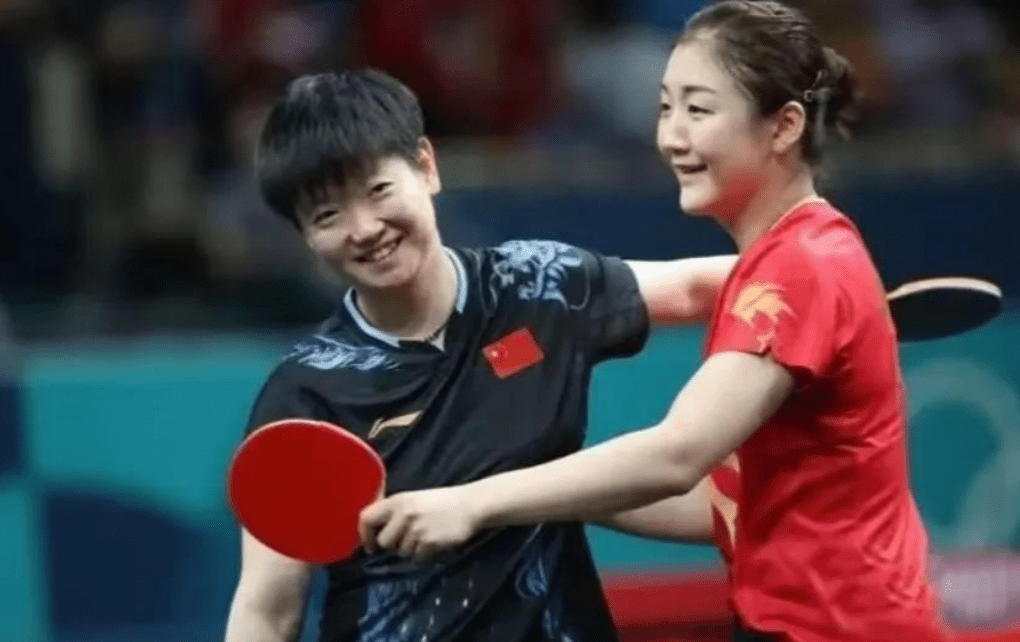
In fact, the difficulties faced by referees are not unique to table tennis. Consider the "offside controversy" in football and the "Hawkeye challenge" in tennis; these sports have already begun to use technological means to reduce controversy. Should the International Table Tennis Federation consider introducing a similar "Hawkeye technology" for edge balls? Although its implementation may not be easy, modern competitive sports are using technology to eliminate controversy, which is a trend and also a guarantee of competitive fairness. What fans expect is nothing more than "losing clearly, winning clearly."
If the controversy on the court only lit the fuse, then the post-match comments undoubtedly added a fierce fire to the storm. In the post-match interview, Qian Tianyi expressed dissatisfaction with the noise from the fans at the scene, saying that the noise was disturbing and affected the game experience. This comment quickly provoked the dissatisfaction of many fans, and some extreme fans even began to cyberbully her, extending their comments from attacking her skills to her private life.
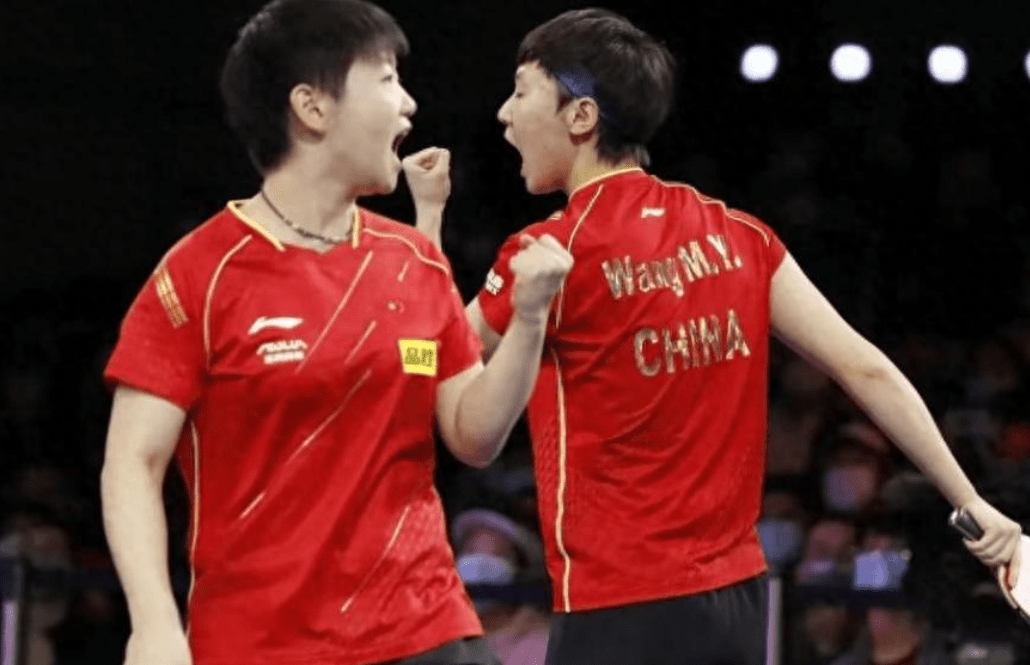
Frankly speaking, people do have emotions. It is completely understandable to feel complex after encountering controversy during the game and after the game. However, as a public figure, Qian Tianyi's remarks were indeed a bit lacking in consideration. In sports competitions, whether it is the referee, opponent, or audience, they all play an uncontrollable external factor in the player's game experience. Dealing with these distractions is a necessary ability for top athletes. In contrast to Qian Tianyi, Ma Long always remains calm after the game.
When facing judgment controversies, he always keeps his personal emotions to a minimum and speaks only through results - no wonder fans favor him so much.

However, we should also put ourselves in the players' shoes. Losing in a match is already a disheartening thing for the players. Moreover, the fans at the scene are indeed too emotionally "invested" in the outcome, and disrespectful behavior towards the players is inevitable. Whether it's fan worship or passion, the support of the audience should not make the players feel immense emotional pressure.
Behind this storm, the relationship between players and fans has become a slightly tense focal topic. Qian Tianyi is not the first athlete to cause controversy due to her remarks "clashing" with fans, but her status as a player, coupled with this incident, has made her the target of public sentiment. Even her romantic relationship with Chinese table tennis player Wang Chang has been brought up for public scrutiny.
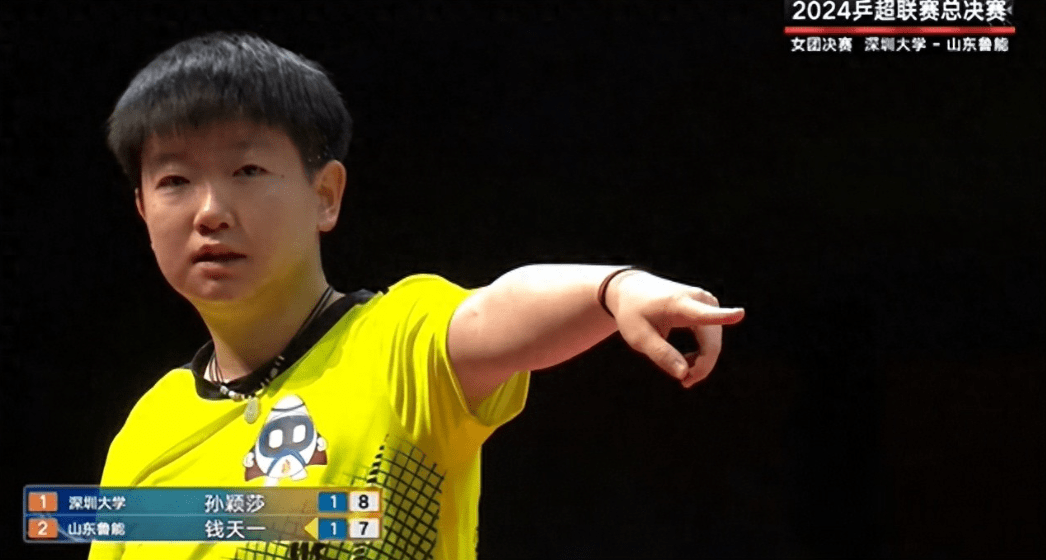
What was originally just a sweet private life for two young people has now become material for some netizens to attack. This can't help but make people wonder, why is fan culture sometimes so distorted?
After all, fans' attention to sports players has long been not limited to "skills." Every move and gesture of the players, and even every detail within their field of vision, may become objects of interpretation and discussion. But is such a magnifying glass really fair? Shouldn't competitive sports focus on the professional level and fighting spirit of the players, rather than their superficial image and romantic status? Are we imposing unrealistic demands on these top athletes?
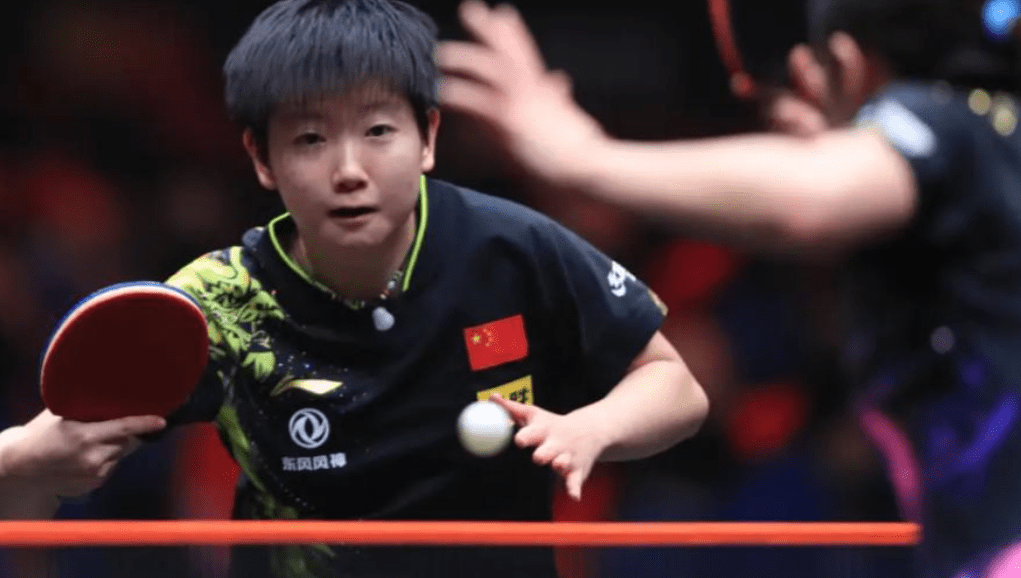
The key to this controversy may not only lie in the interaction between players and fans but also in whether the improvement of sports rules and refereeing mechanisms is in place.
If the Table Tennis Super League could introduce Hawkeye technology and increase professional training for referees as soon as possible, such controversies could be avoided. Instead of leaving the controversy to fester after the game, causing resentment between athletes and fans, it would be better to improve the transparency of the rules and nip the problem in the bud.
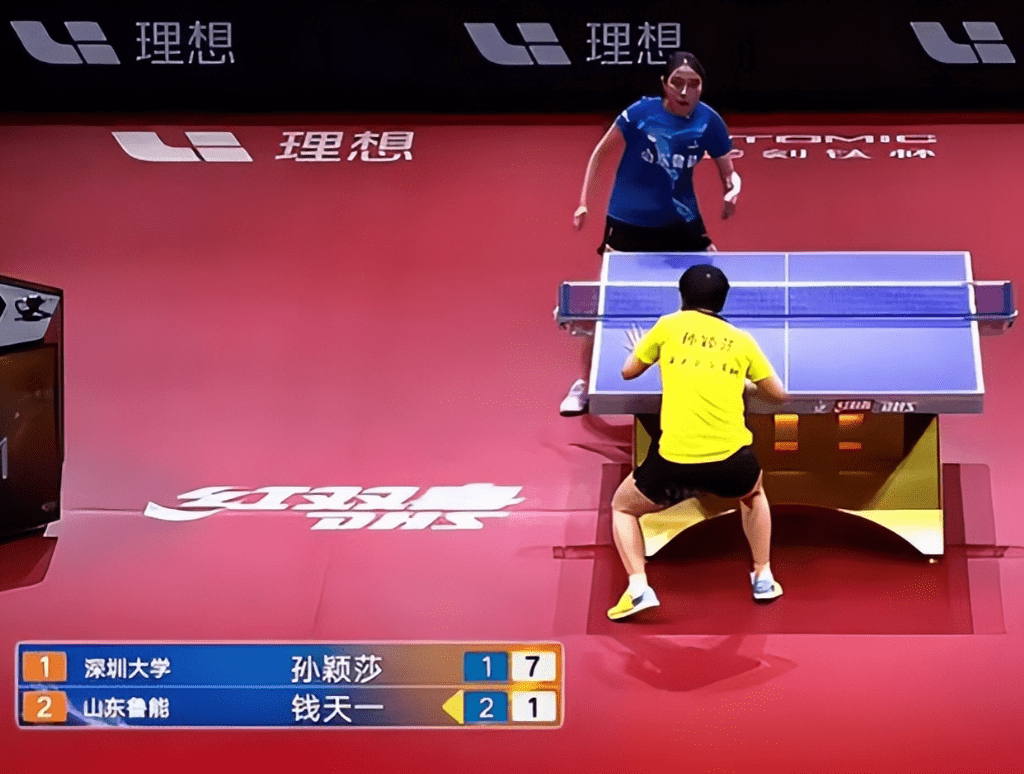
At the same time, optimizing the competition environment can also be a direction for improvement. Referring to some internationally leading sports events, more professional solutions can be provided in terms of soundproofing the venue and managing the audience - allowing athletes to focus on their competitive performance while encouraging fans to support the game in a healthier way. This is not just a romantic fantasy but a necessary step forward for future sports events.
A ball lands on the table, and the victory or defeat is decided; yet the controversy does not stop. The judgment of an edge ball has sparked discussions and reflections among countless people both inside and outside the stadium. The essence of competitive sports is not only about striving for victory with all one's might but also about how to win more understanding and respect in this "war" both on and off the field.